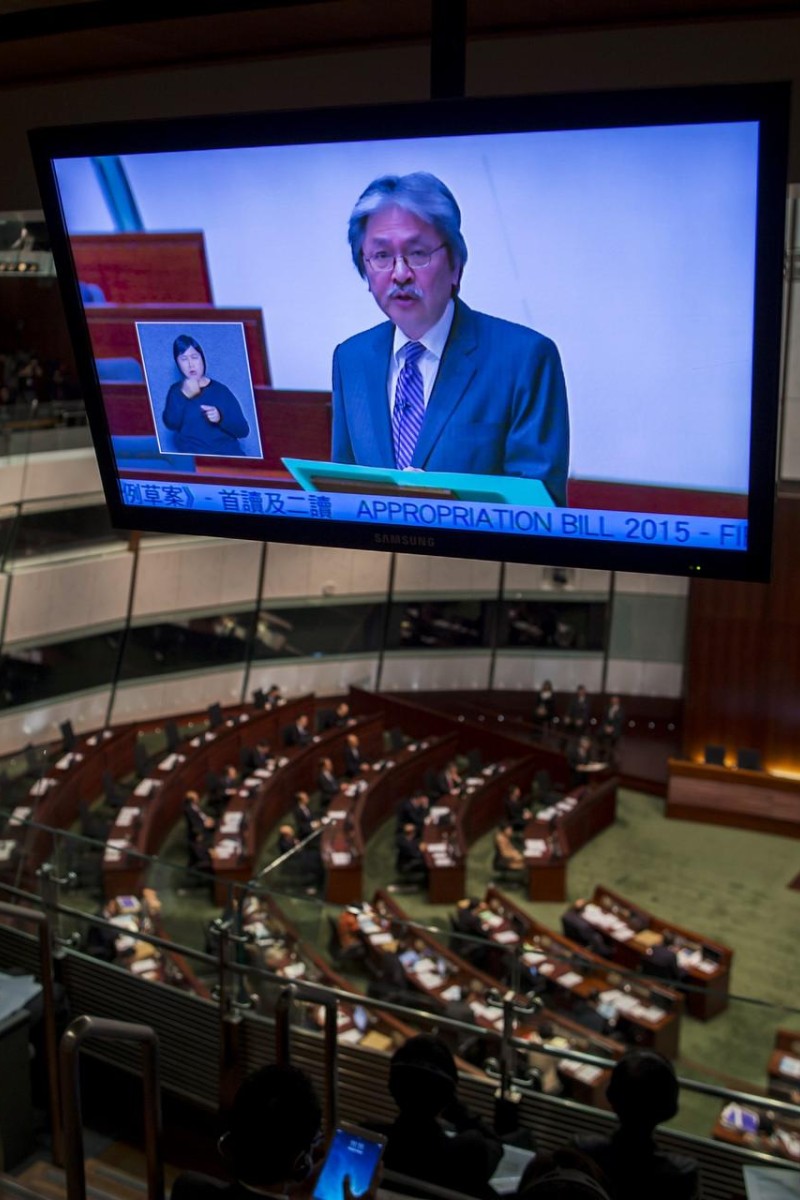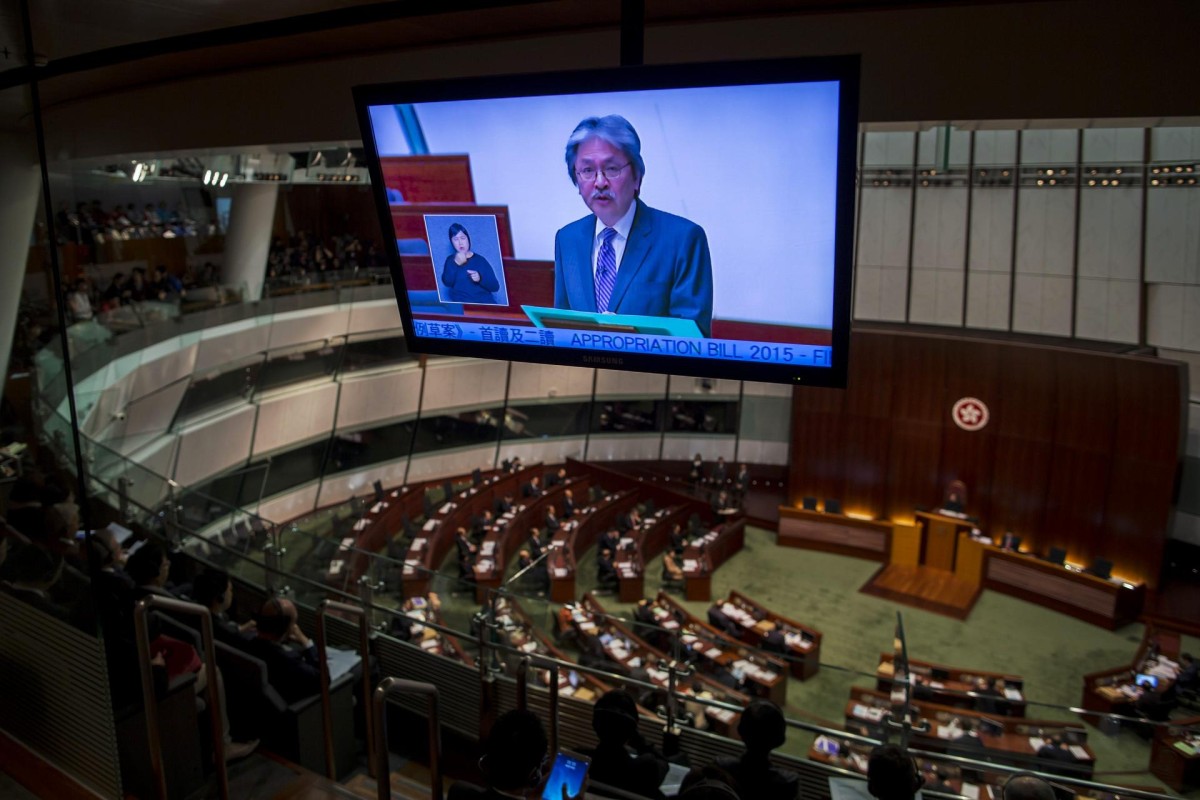
Favouring business is just business as usual for the Hong Kong government
 Financial Secretary John Tsang is sitting on a trillion dollars in assets, but can't find money for public services
Financial Secretary John Tsang is sitting on a trillion dollars in assets, but can't find money for public servicesI don’t like Financial Secretary John Tsang Chun-wah. It’s not because he hasn’t accepted my friend request on Facebook – that’s a different story – but because he and his best mate, our dearest Chief Executive Leung Chun-ying, have not addressed the needs of the people.
Tsang was once quoted as saying that “welfare populism destroys prosperity” and that wages for low-skilled workers were too high. As laughable as that may seem, I do concede that the latter remark may be true: Tsang, who is very much low skilled, receives a monthly salary of HK$368,000.
Tsang’s comments are by no means a surprise, however. The fact that business interests take absolute precedence in government policy is well-known. And CY and the rest of his bunch, as well as the folks before him, have made many pro-business, anti-welfare statements in the past. The 2016 policy address continued this trend.
Although there were one or two things that were somewhat commendable, such as the new housing-supply targets, much of the agenda was focused on protecting – and boosting – the well-being of businesses as opposed to that of actual people.
Examples: HK$2.5 billion for an “Innovation and Technology Bureau”, HK$4 billion for the Science Park, HK$500 million for agricultural businesses, and HK$300 million for “art development”. (God knows what that would entail.)
As for substantial, concrete and useful policies and funds for the rest? Nothing, nichts, nada, zilch. Oh, there’s some mention of giving the elderly priority for public toilets, but that’s it. There’s no discussion of improving social welfare except for one or two vague statements about hosting public consultations for “building a consensus on retirement protection”.
With net assets that totalled HK$1.4 trillion in 2011, the Hong Kong government is certainly not short of cash. Rather, it actively decides to grant tax dollars to firms while siphoning money away from public services. Leo Goodstadt, former head of the Central Policy Unit, stated in his book that the government’s “deference to business interests seems almost limitless” and pointed out many examples.
One such instance was the 1999 decision to grant HK$7.8 billion towards the infamous Cyberport project, while allowing the Hospital Authority a budget of only HK$2.2 billion in the same year, which was not enough for all the medication and equipment required. The government is clearly willing and able to support business interests regardless of the potential costs, something that shouldn’t happen in a city such as ours.
That being said, the sad truth is that this sort of government-business collusion will happen under every electoral system. Yelling about democratic reform only functions to distract us from this issue, which is exactly what Leung and his cronies want. But Hongkongers are not stupid. Tsang’s endearing blog posts won’t charm anyone into actually believing that “welfare populism destroys prosperity”. It’s time we sat down and had a good discussion about this appalling problem with the system.